Dear Brothers and Sisters,
 I see motherhood as one of God’s greatest creations. I was reminded of that recently when pondering what to send my mother and mother-in-law for Mother’s Day. I thought back to how my Mom would often remark how blessed she was to be a mother to me and my two sisters. She said giving birth to us gave her another level of appreciation for God, which I didn’t fully understand until I witnessed the birth of my own children. I recall marveling how Tammy went so quickly from the pain of childbirth to the awe of holding our son and daughter. Over the years I have continued to be awed by a mother’s love, which I confess differs in some ways from my love and the love I experienced from my father.
I see motherhood as one of God’s greatest creations. I was reminded of that recently when pondering what to send my mother and mother-in-law for Mother’s Day. I thought back to how my Mom would often remark how blessed she was to be a mother to me and my two sisters. She said giving birth to us gave her another level of appreciation for God, which I didn’t fully understand until I witnessed the birth of my own children. I recall marveling how Tammy went so quickly from the pain of childbirth to the awe of holding our son and daughter. Over the years I have continued to be awed by a mother’s love, which I confess differs in some ways from my love and the love I experienced from my father.
Given the depth and power of a mother’s love, it’s no surprise to me that the apostle Paul would use motherhood to illustrate important points about God’s covenant with humanity:
For it is written that Abraham had two sons, one by a slave woman and one by a free woman. But the son of the slave was born according to the flesh, while the son of the free woman was born through promise. Now this may be interpreted allegorically: these women are two covenants. One is from Mount Sinai, bearing children for slavery; she is Hagar. Now Hagar is Mount Sinai in Arabia; she corresponds to the present Jerusalem, for she is in slavery with her children. But the Jerusalem above is free, and she is our mother. (Galatians 4:22-26 ESV)
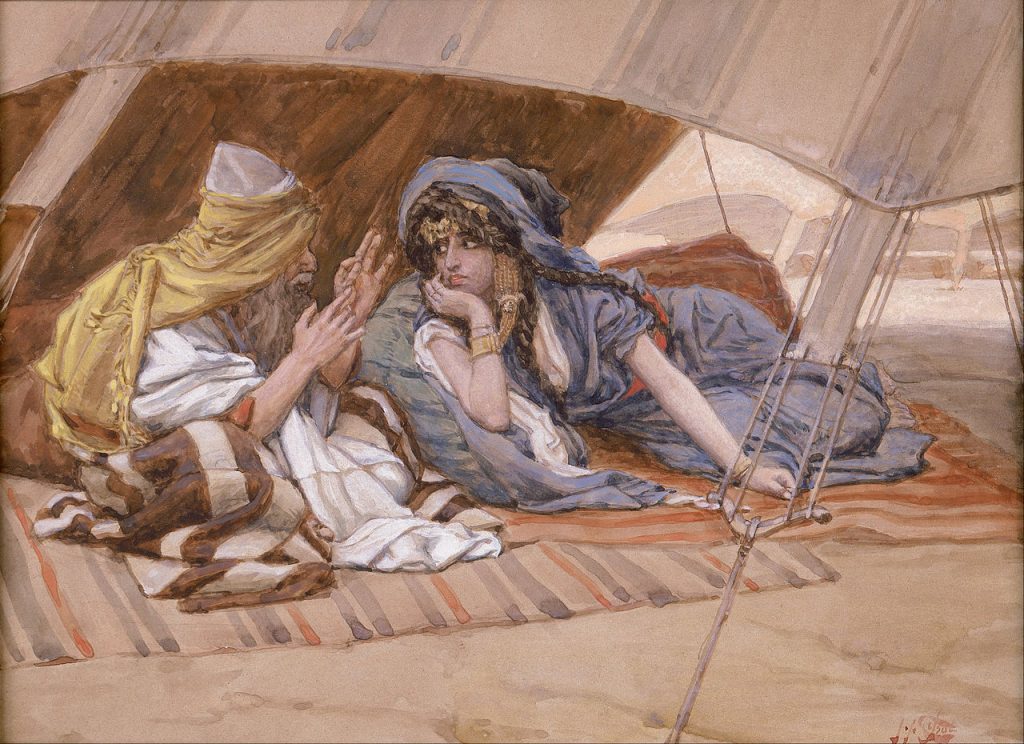
As you know, Abraham (Abram) had two sons by two wives. His son Isaac was born of his wife Sarah (Sarai), a free woman, and his son Ishmael was born of his wife Hagar, a slave woman. According to ancient law and custom, the status of the mother affected the status of her son. But there is another significant factor about these two births. Ishmael was born the ordinary way, requiring no miracle and no promise of God, but Isaac was born as the result of both a miracle and a promise.
As Paul explains, these details tell us something significant about God and his purposes for all humanity. Since Sarah was beyond childbearing age, God miraculously intervened to fulfill his promise in bringing life out of her barren womb. As a result, Isaac was born, and thus Abraham, Isaac and Jacob became patriarchs of the nation of Israel. It’s important to note that all three had wives who were barren, necessitating God’s miraculous intervention for this lineage to occur—a lineage that led, ultimately, to the incarnation of the eternal Son of God. Note T.F. Torrance’s comment:
The supreme instrument of God for the salvation of the world is Israel, and out of the womb of Israel, Jesus, the Jew from Nazareth—yet he was no mere instrument in the hands of God, but very God himself, come in person in the form of a servant, to work out from within our limitations and recalcitrance, and to bring to its triumphant completion, the redemption of mankind, and our restoration to fellowship with the very life of God himself.
We see Jesus prefigured in the story of Isaac. Isaac’s birth was of supernatural intervention, while Jesus’ birth was of supernatural origin. Isaac was offered up as a potential sacrifice, while Jesus was the actual (and willing) sacrifice of atonement that reconciled humanity to God. There also is a parallel between Isaac and us. Isaac was born of God’s promise and supernatural act, while we have been given new (supernatural) birth of the Spirit, being made to share in Jesus’ own sonship (John 3:3, 5). We, therefore, should not live as children of bondage, as if our relationship to God was mediated by a written, external law. Rather, through the mediation of God’s Son incarnate, Jesus Christ, and by his Spirit, we have been adopted into God’s family and have an eternal inheritance and hope.
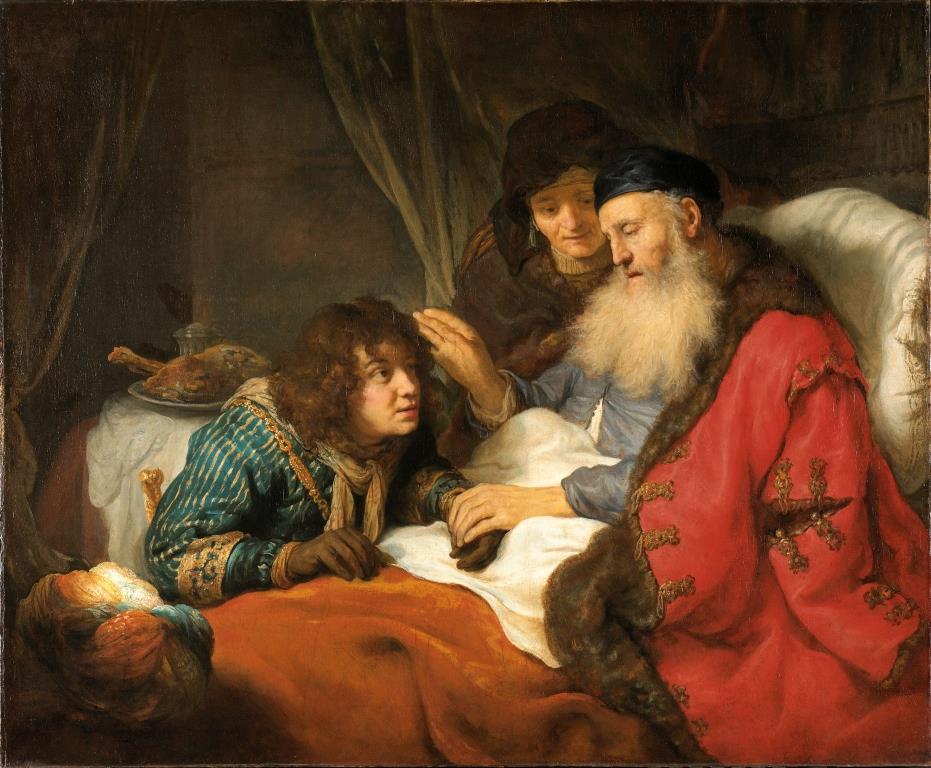
In Galatians 4, Paul puts the old and new covenants in perspective. He points out that the old covenant had its origin at Mount Sinai and those under its legal arrangement (the Law of Moses) were slaves, not members of the family, and thus had no promise of receiving an inheritance. Just as Hagar brought forth a slave son, so too did the Law. In contrast, the new covenant reached back to God’s original covenant promise to be Israel’s God and for them to be his people, and through them bless all the families of the earth. This fulfillment was God’s covenant of grace. As Sarah brought forth a free son born into the family, so too does grace. Grace brings about the adoption of children. These children really belong to God. As part of God’s family, they have an eternal inheritance through their connection by grace with the eternal Son of God.
Paul makes another contrast in Galatians 4: Hagar stood for “the present” (first-century) city of Jerusalem—a city enslaved to Rome and in slavery to the Law—both offering no hope of citizenship or inheritance. But Sarah stood for “the Jerusalem above,” the mother of all the children of grace who belong to God and who have an inheritance. And that inheritance is far more than just a certain city. Our heavenly city, which one day will come to earth (Revelation 21:2), is “the city of the living God” (Hebrews 12:22). This heavenly Jerusalem is our home—it’s where we have our true citizenship. As noted in Galatians 4:26 (ESV), “The Jerusalem above is free, and she is our mother.” We are free to live as children of the Father because we are joined to the Son by the Spirit.
I thank God for Sarah, Rebecca and Leah—the three matriarchs of Israel who began the lineage that would lead to Jesus. Though these women were far from perfect, God used them, along with Jesus’ mother Mary, to bring forth the incarnation of the Son of God who, by the Spirit, makes us sons and daughters of God. This Mother’s Day, let’s praise our covenant-making God for his good gift of motherhood, thanking him for all mothers, including our own mothers, mothers-in-law, and wives. Motherhood truly is a sign of God’s natural and supernatural, life-giving goodness.
Thanking God for motherhood,
Joseph Tkach


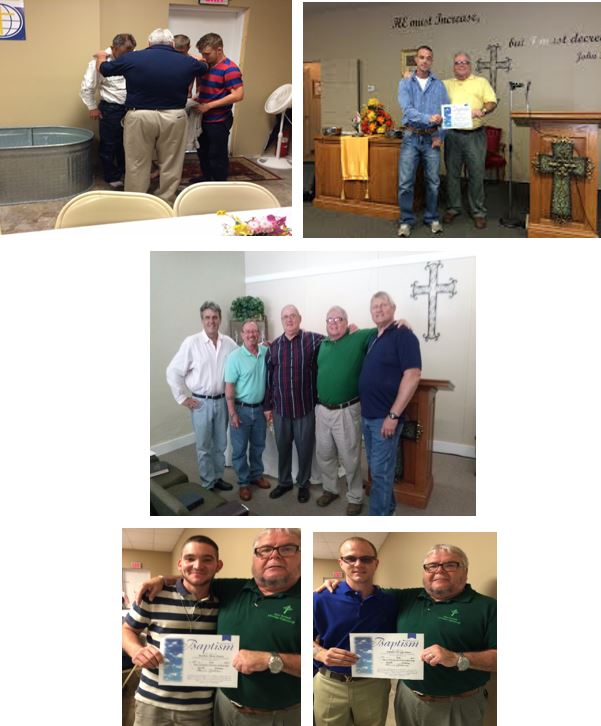
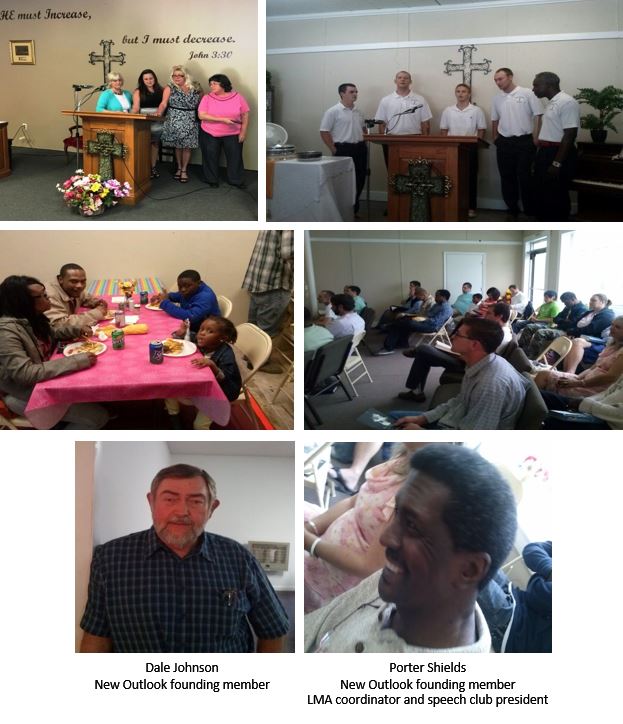

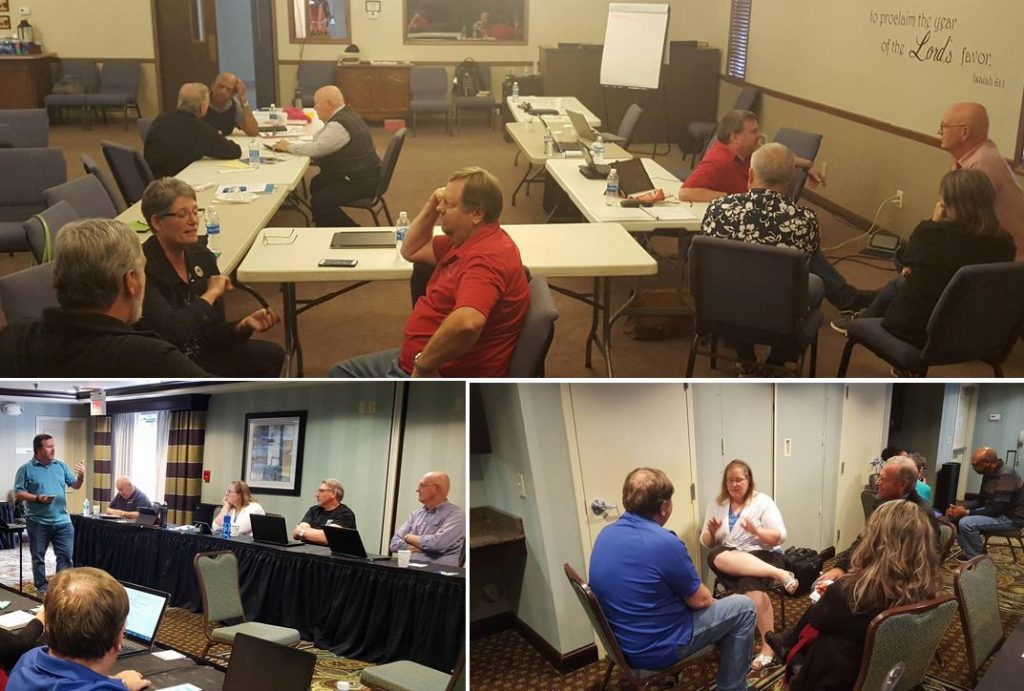
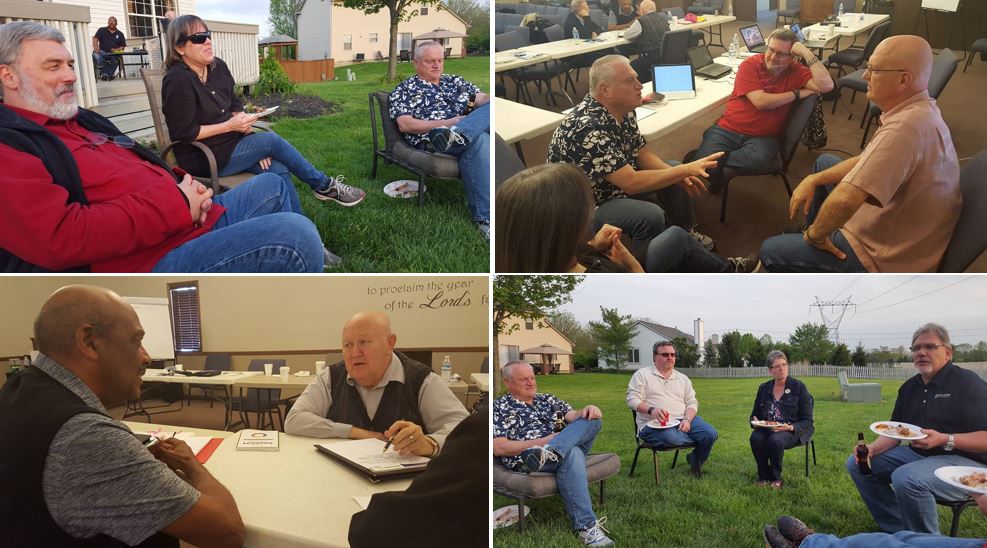



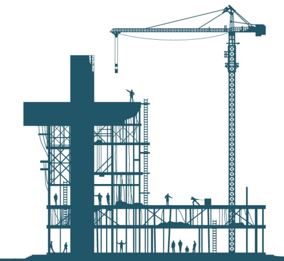 From Greg: Our journey of rebuilding
From Greg: Our journey of rebuilding